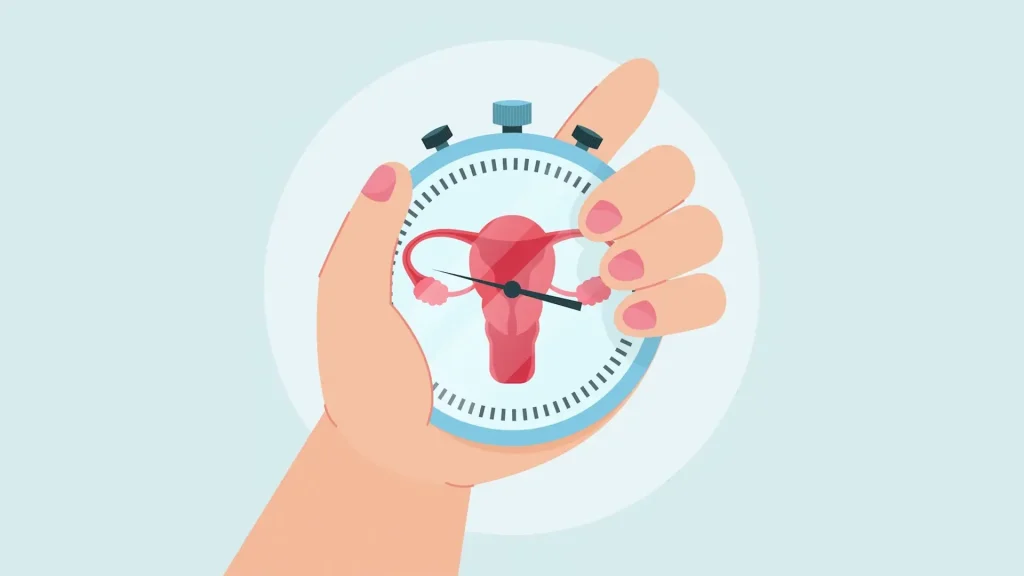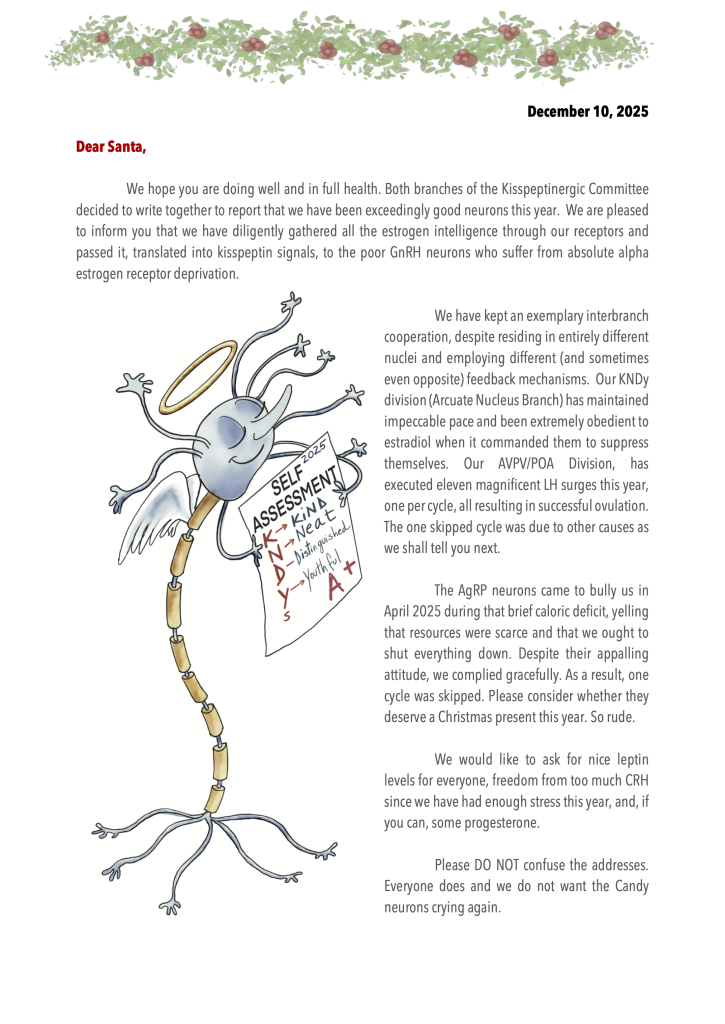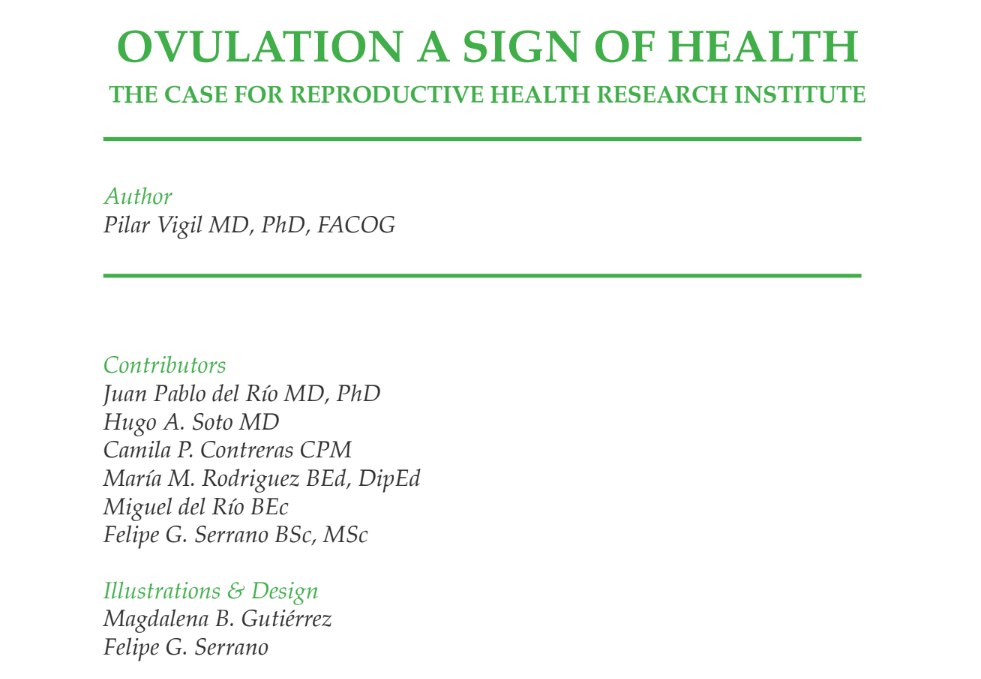Subfertility and Treatment Gets a New Study
The good news from Tanzania just keeps on coming!
A team of physicians has published a new case series in the East African Scholars Journal of Medicine Sciences entitled, “Effectiveness of FEMM Approach in Managing Women with Subfertility in Mwanza, Tanzania.”
Subfertility is the delay to achieve pregnancy naturally. This paper was a collaboration between two Tanzanian hospitals—Catholic University of Health and Allied Sciences and Bugando Medical Centre—as well as The Reproductive Health Research Institute. Physicians involved included Sr. Dr. Juliet Machara, Dr. Godfrey Kaizilege, and FEMM’s own Dr. Danielle Koestner.
The case series examines four different female patients, all of whom had tried unsuccessfully for more than five years to conceive. Each woman was treated for infertility using FEMM protocols.
Treating Subfertility Means Knowing the Signs
“Many times the answers to infertility are hiding in plain sight within the patterns of a women’s menstrual cycle,” the paper’s authors wrote. It certainly proved true in the case of their four patients.
The women arrived at the clinic with subfertility symptoms that included acne, hirsutism (excess hair), abnormal bleeding, and fatigue—all signs of a possible hormonal imbalance. None of the patients were ovulating, and most had irregular cycles.
Causes of Infertility: Hyperprolactinemia, Hypothyroidism, Insulin Resistance
The doctors gave each woman a physical examination and a lab work-up. After doing that, the team discovered that hormonal imbalances were indeed at play—and impairing each woman’s ability to ovulate. In all their patients they found:
- Hyperprolactinemia: a condition in which the body produces too much of the hormone prolactin. Among other things, hyperprolactinemia leads to inhibition of the corpus luteum (which is supposed to release progesterone and prepare the uterus for pregnancy) and dysfunction of the endometrium (the lining of the uterus), which leads to decreased implantation.
- Hypothyroidism: an imbalance in which the body doesn’t produce enough thyroid hormone. This condition can prevent ovulation and also cause miscarriage.
- Obesity and insulin resistance: Insulin resistance is a condition in which cells can’t respond to insulin as they should and thus can’t regulate blood sugar. It can cause anovulation or miscarriage and is often associated with obesity. Obesity itself is associated with anovulation, menstrual disorders, infertility, miscarriages, difficulty in assisted reproduction, and adverse pregnancy outcomes.
Additionally, none of the patients had a firm grasp on their reproductive cycle. They did not know how to observe biomarkers like cervical mucus, and were unaware that they were not ovulating.
Do these symptoms sound familiar? Tired of not knowing your own body? FEMM doctors are here for you.
Creating a Successful Subfertility Treatment Based on Data
Once the physicians identified these issues, they created a treatment plan for their four patients.
The goal was to address the hormonal imbalances and enable each woman to ovulate regularly again. Subfertility treatment for each woman involved a combination of medications and lifestyle changes (diet modification, stress management, and increased exercise).
The physicians also taught each patient how to chart and monitor her cycle, identify her fertile window, and time intercourse accordingly.
After just a few months of treatment, all four women successfully conceived.
Key Takeaways for Treating Subfertility
The first takeaway from this case series was that—as always—ovulation is key to a woman’s overall health. As the authors point out, “Failure to ovulate is the first sign of an underlying health condition in a woman followed by irregular cycles.”
By observing the patients’ symptom patterns and biomarkers, physicians were able to determine that the women were not ovulating. Their goal then became getting to the bottom of why this was happening, and enabling each woman to ovulate again.
The second takeaway is that lifestyle has a big impact on the success rate of subfertility treatment . . . and even simple changes can make a significant difference.
In the words of the authors:
“Most women suffer subfertility because of high BMI which leads to insulin insensitivity.”
In fact, the team noted that women who are obese are three times as likely to suffer infertility than non-obese women.
Consequently, the authors write, “Women should be encouraged to cut down their weight by modifying their diet (restrict carbohydrates, sugary drinks and excess fatty/oily food) and lifestyle change (doing exercises and avoiding stress).”
Fertility Education is Critical
Finally, fertility education is a vital part of helping women care for their reproductive health.
“A woman’s accurate perception of when she ovulates is critical for recognizing whether she has any abnormalities that indicate a potential underlying health problem warranting medical consultation,” the paper states.
Start tracking your cycle today with the FEMM app!
Fortunately, as the authors point out, fertility education is accessible to women from all walks of life. Observing and recording biomarkers like cervical mucus and bleeding is a simple and inexpensive way to help women understand what’s going on in their bodies, recognize red flags, and get timely help. The paper recommends that doctors incorporate fertility education into their care of female patients.
Thanks to the FEMM approach and the hard work of this team of physicians, all four women were able to experience the joy of conceiving after years of heartbreak and mystery. This newly-published series continues to build a strong case for the FEMM model of women’s healthcare.







